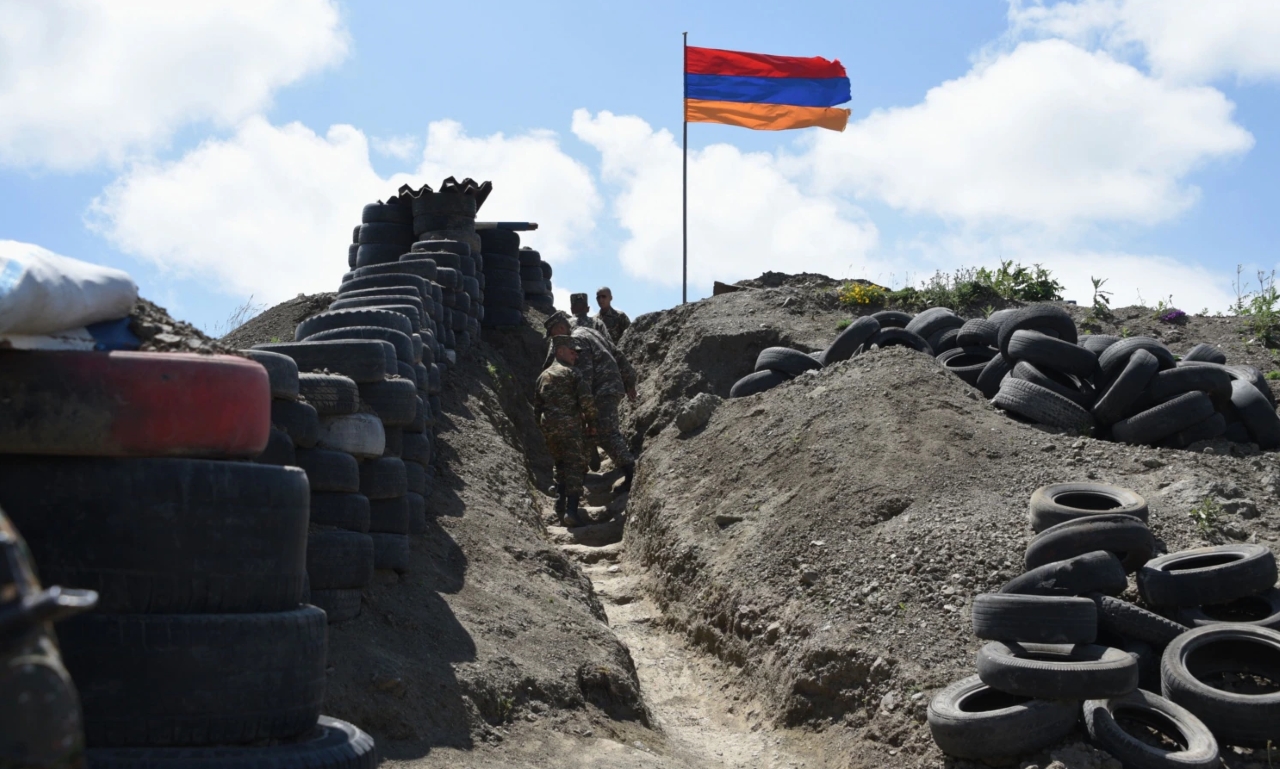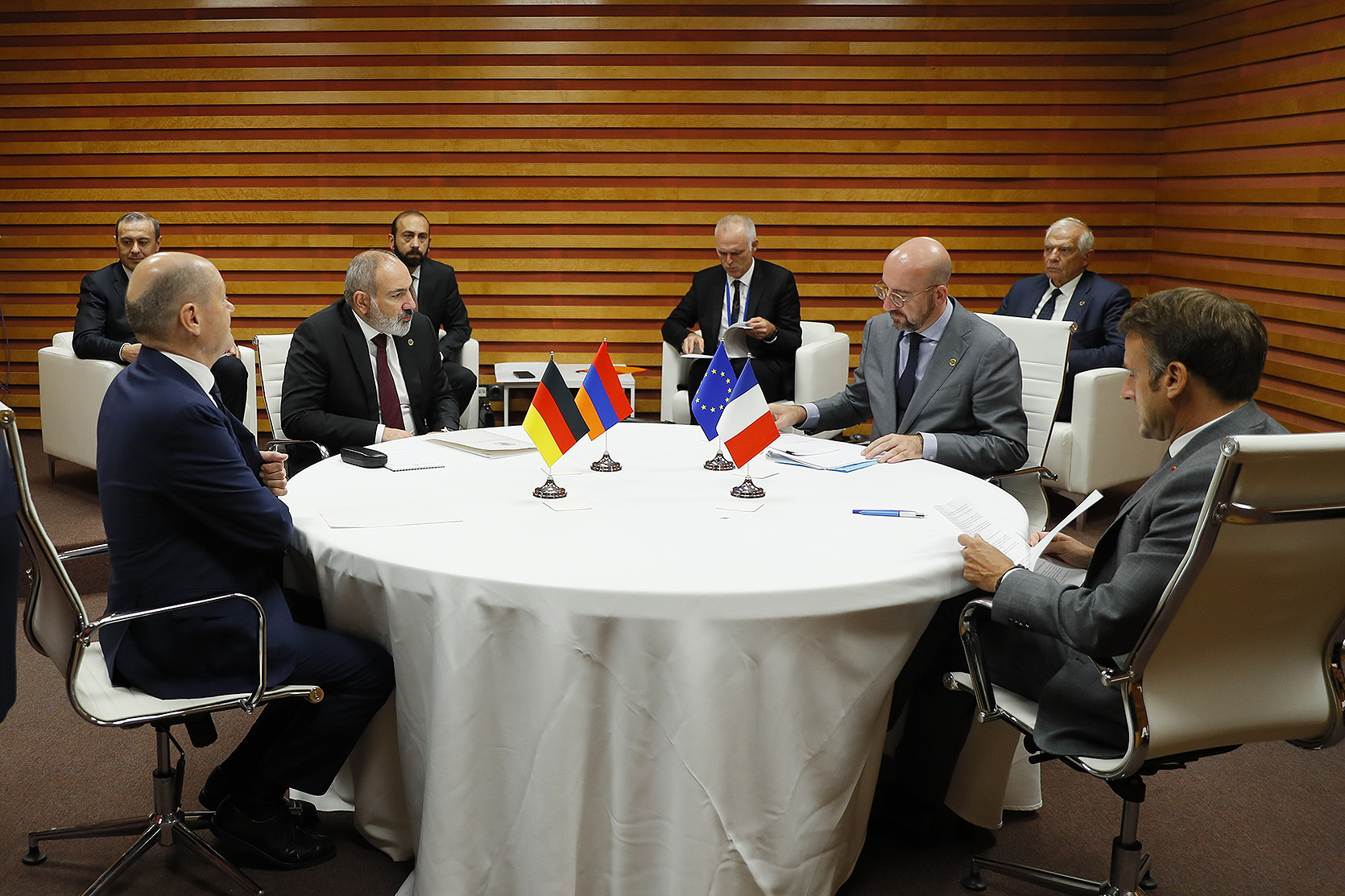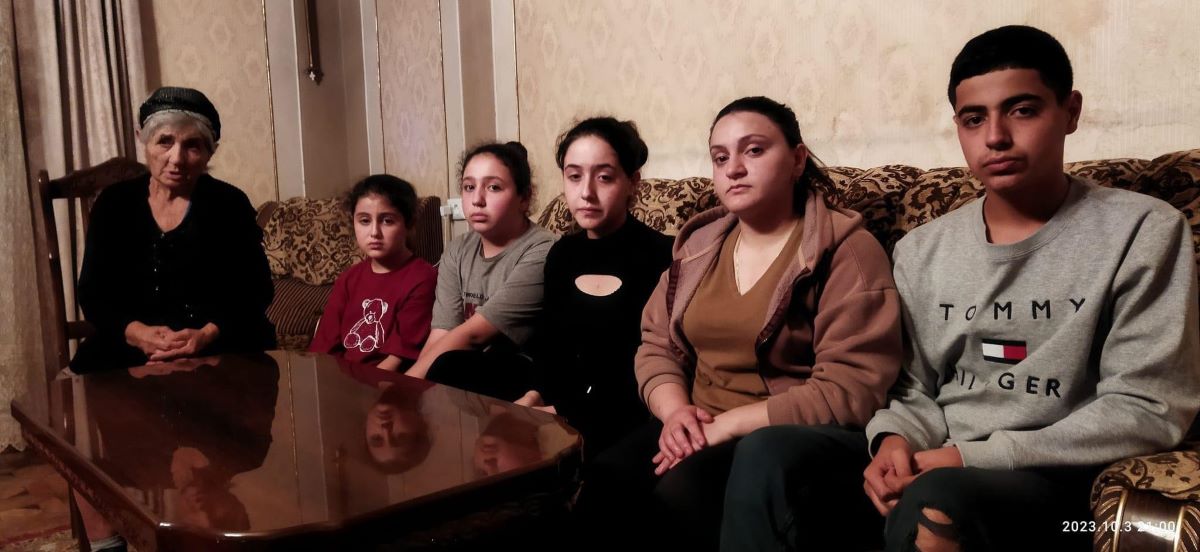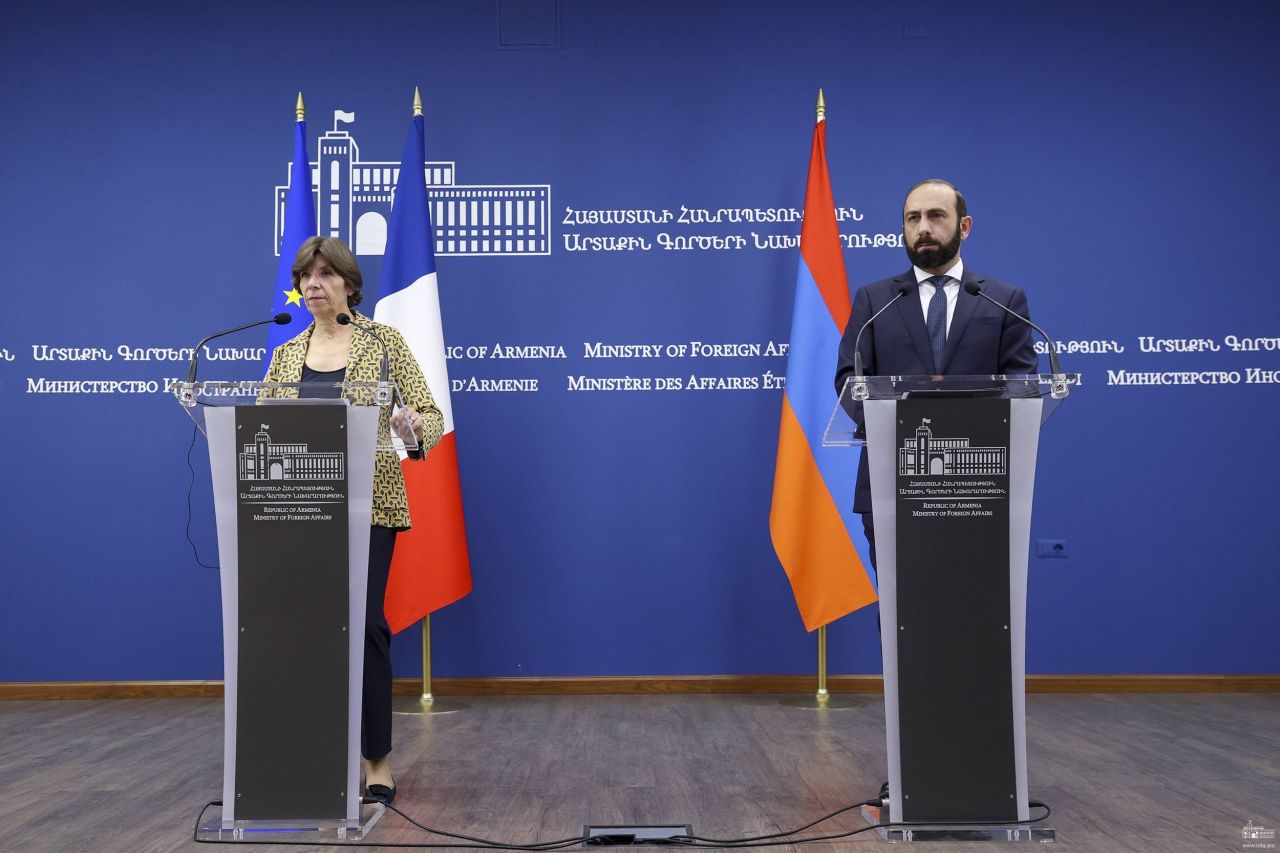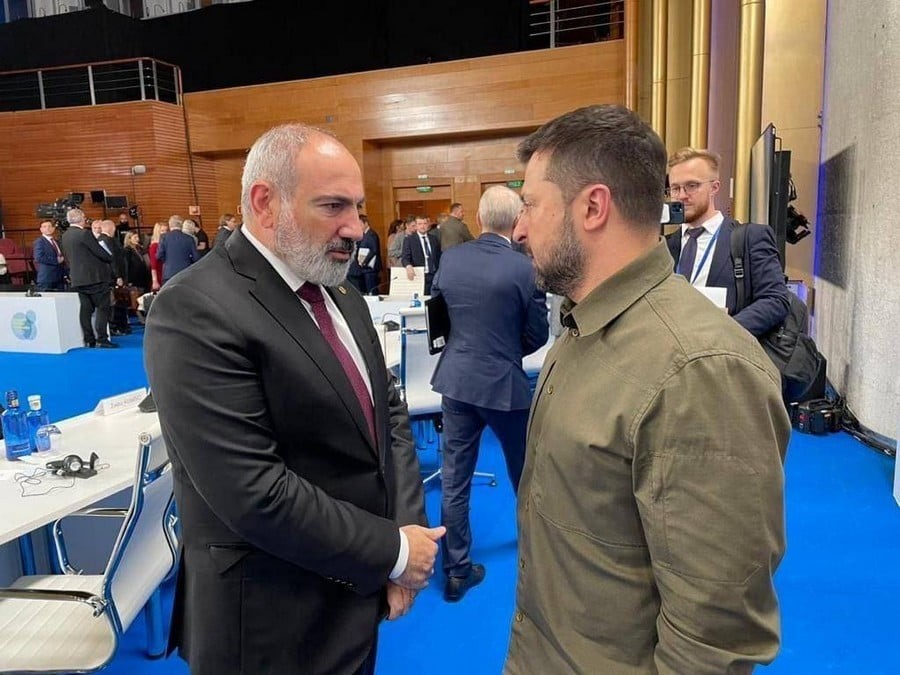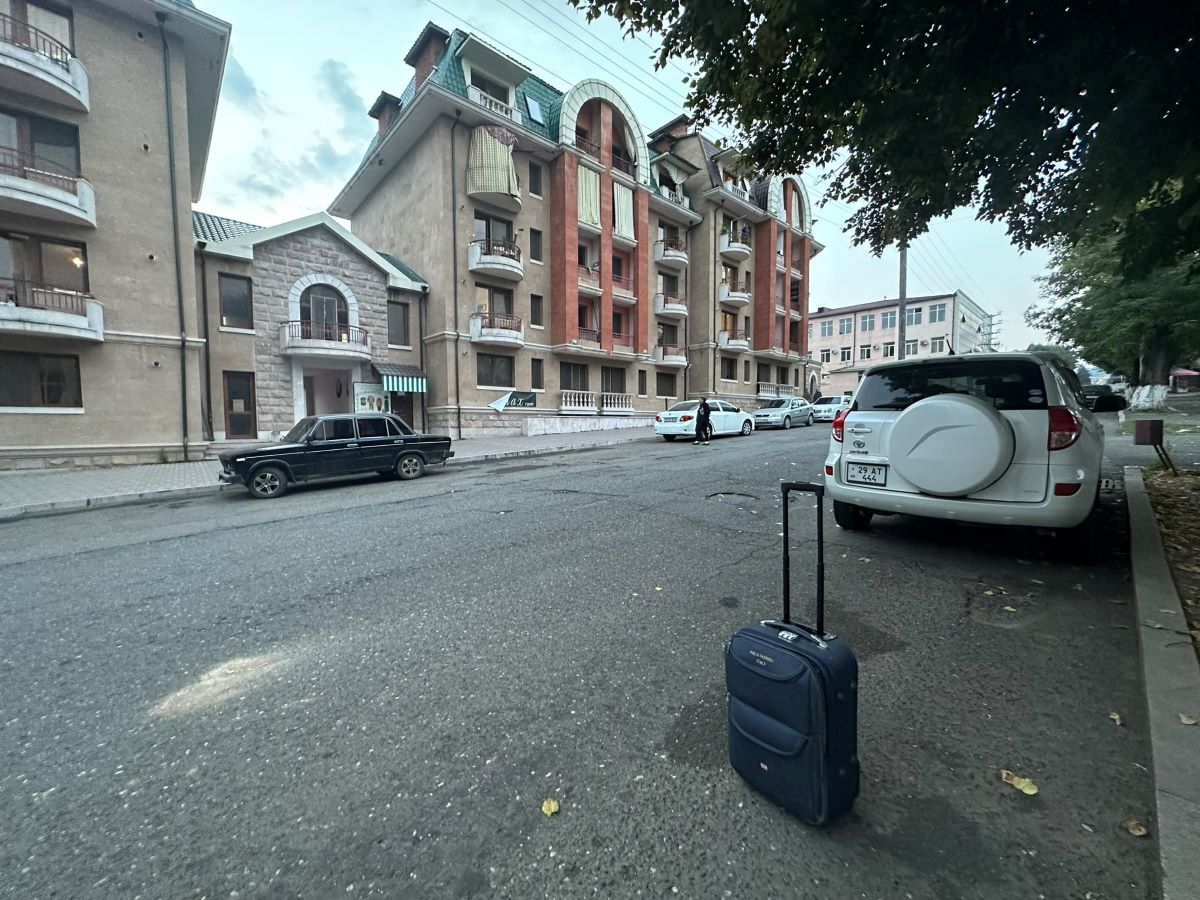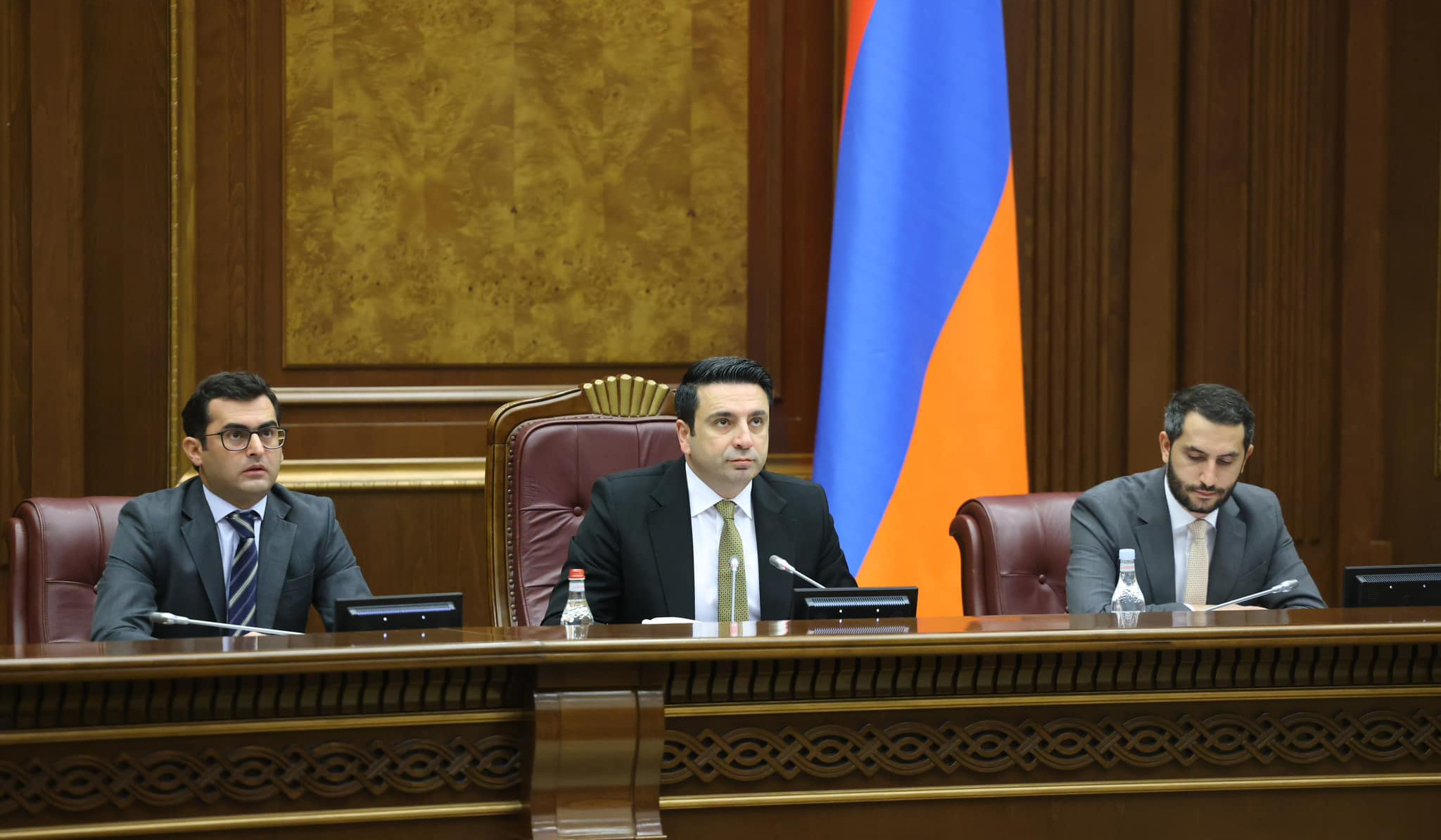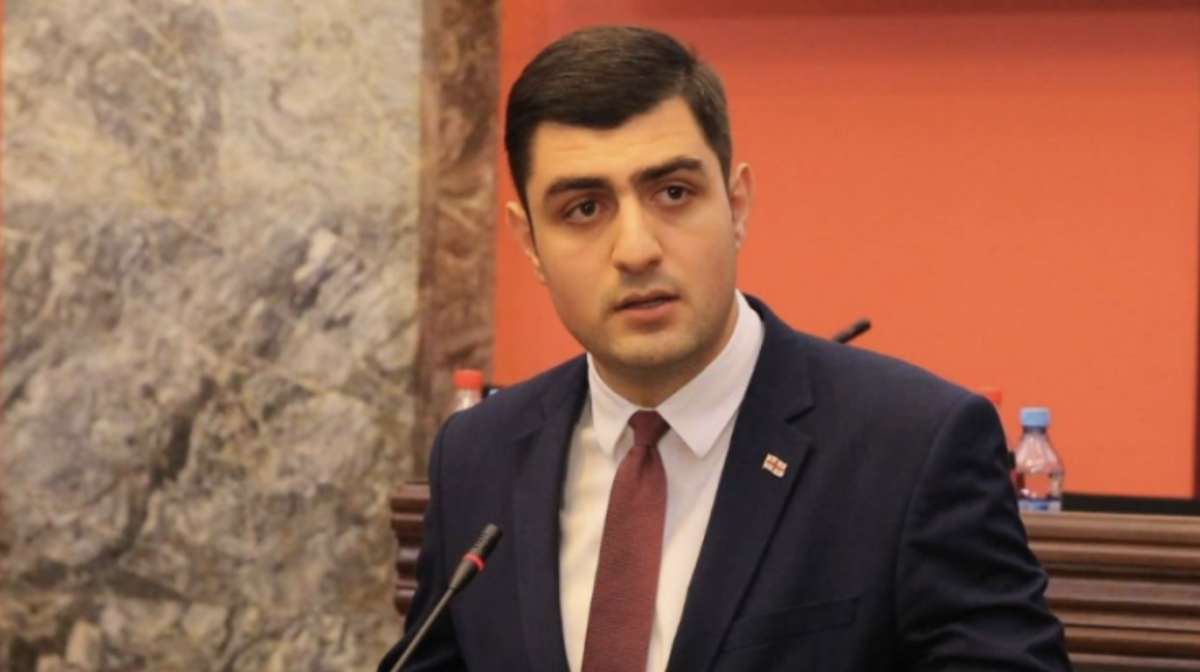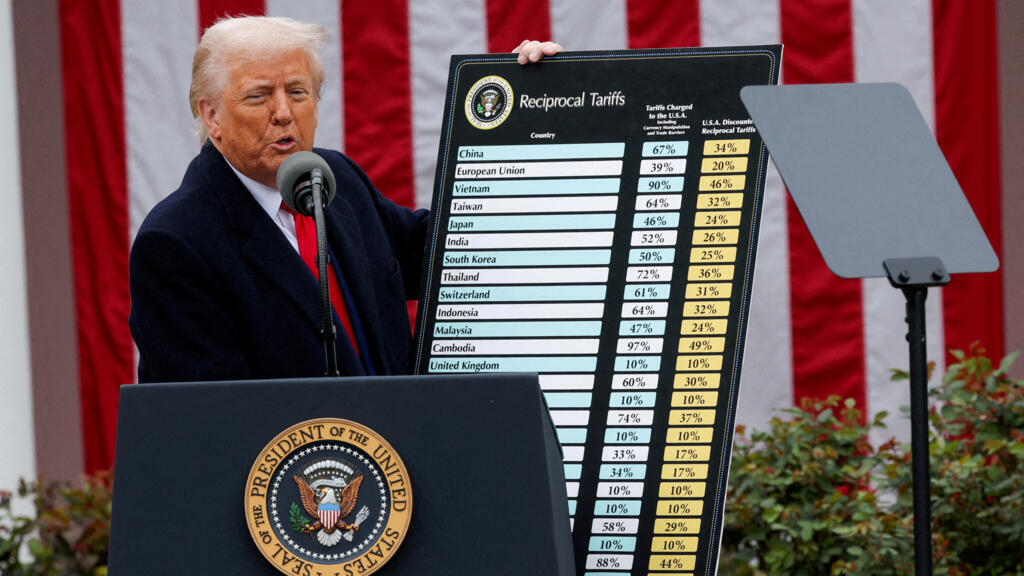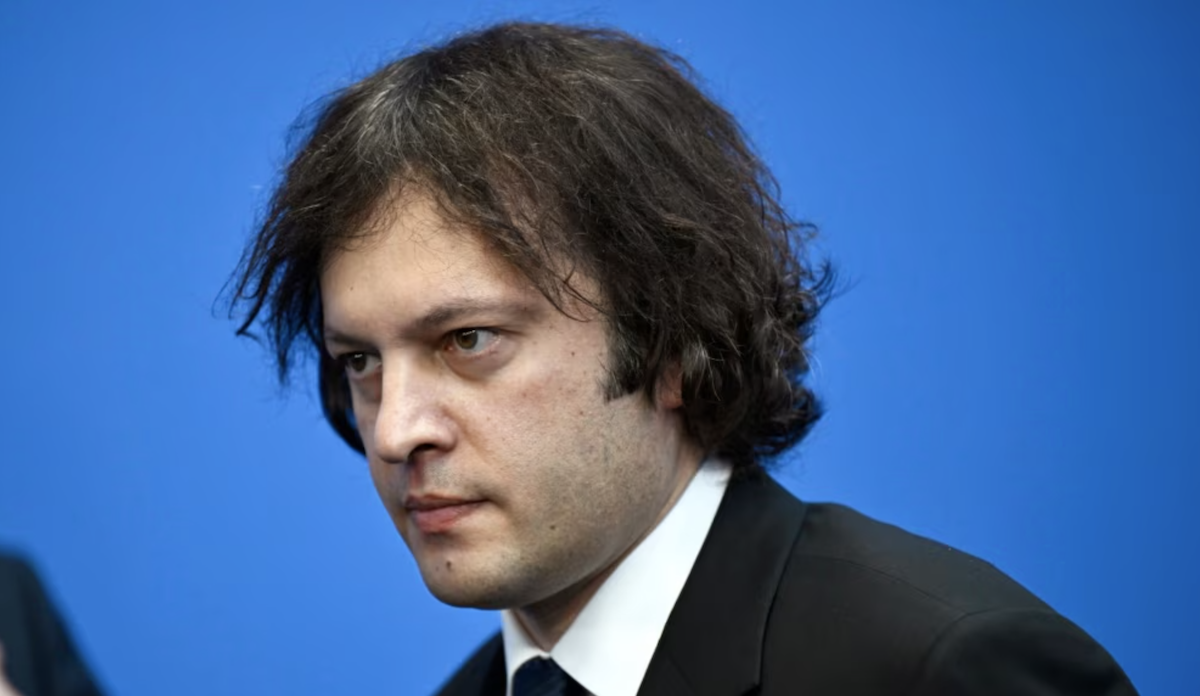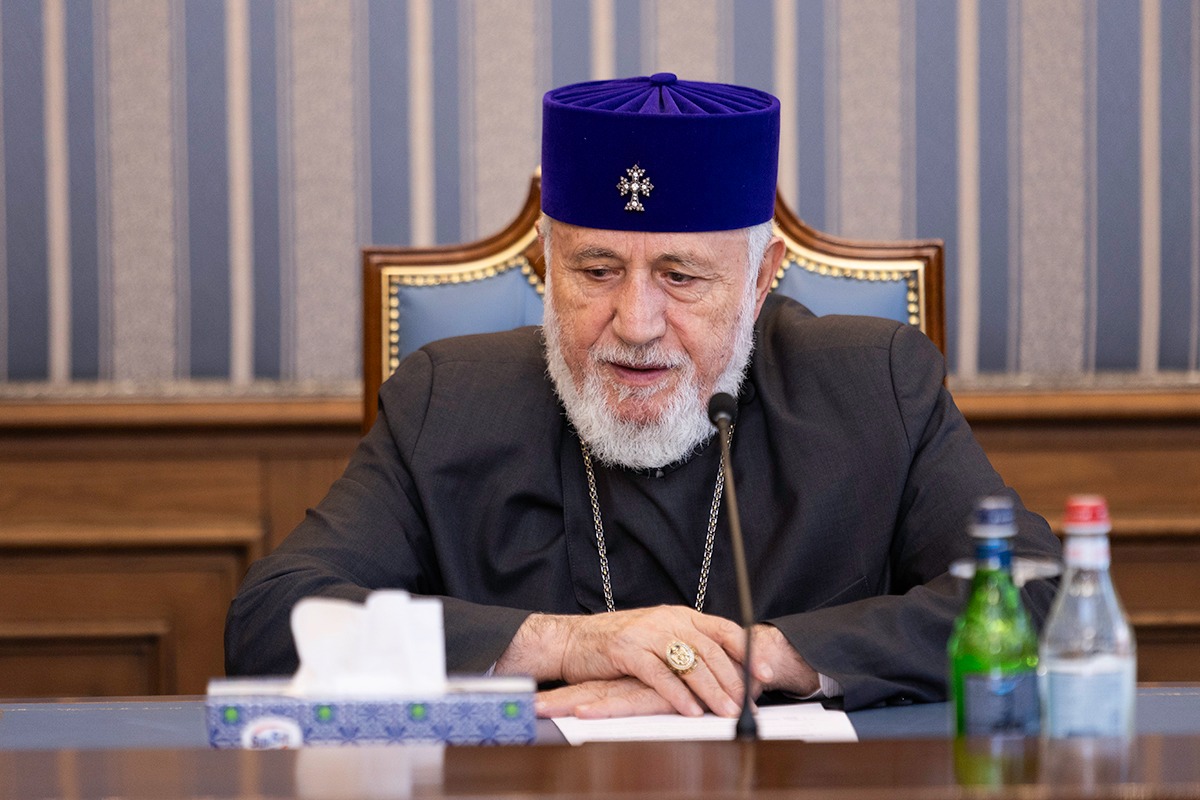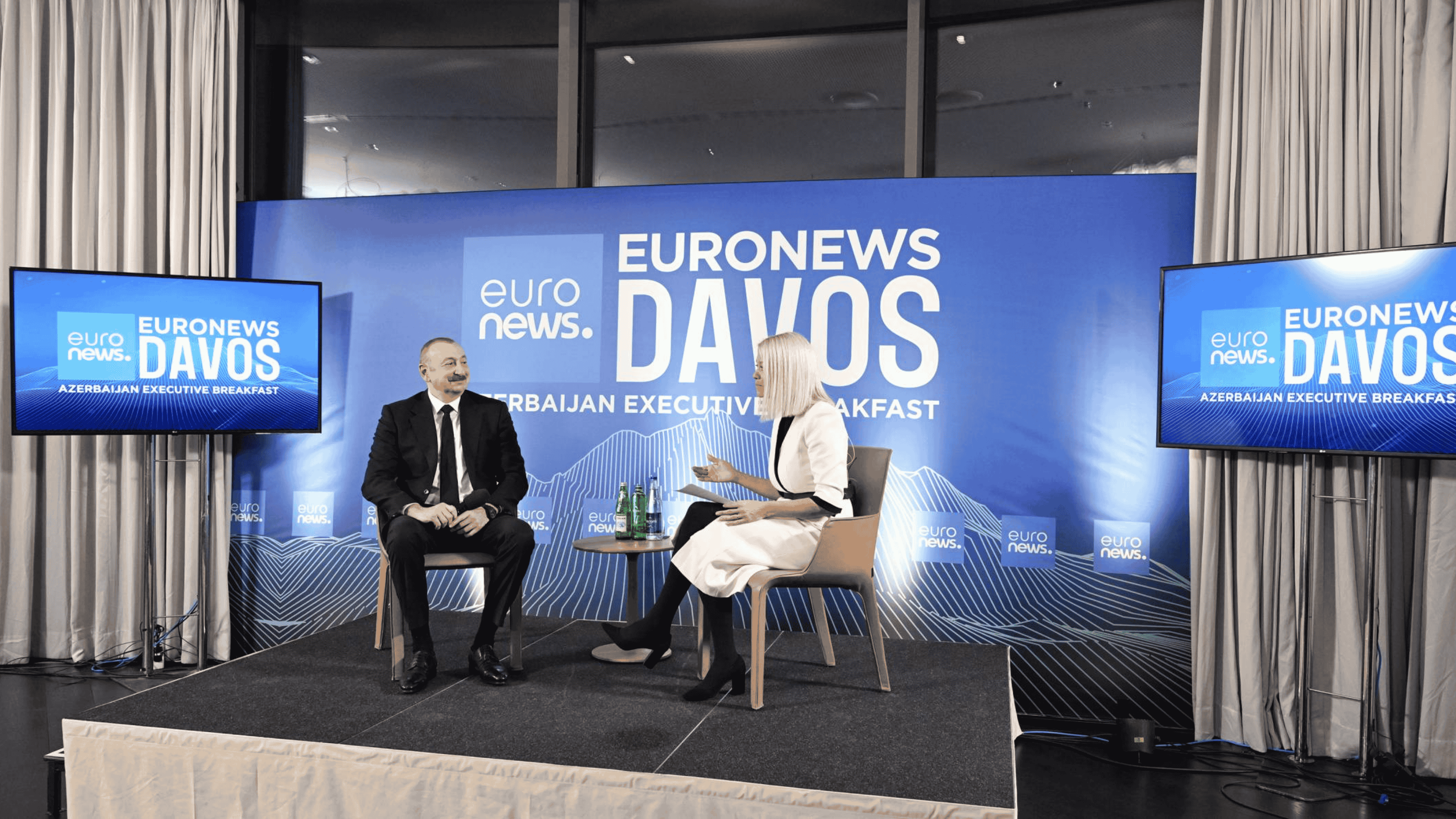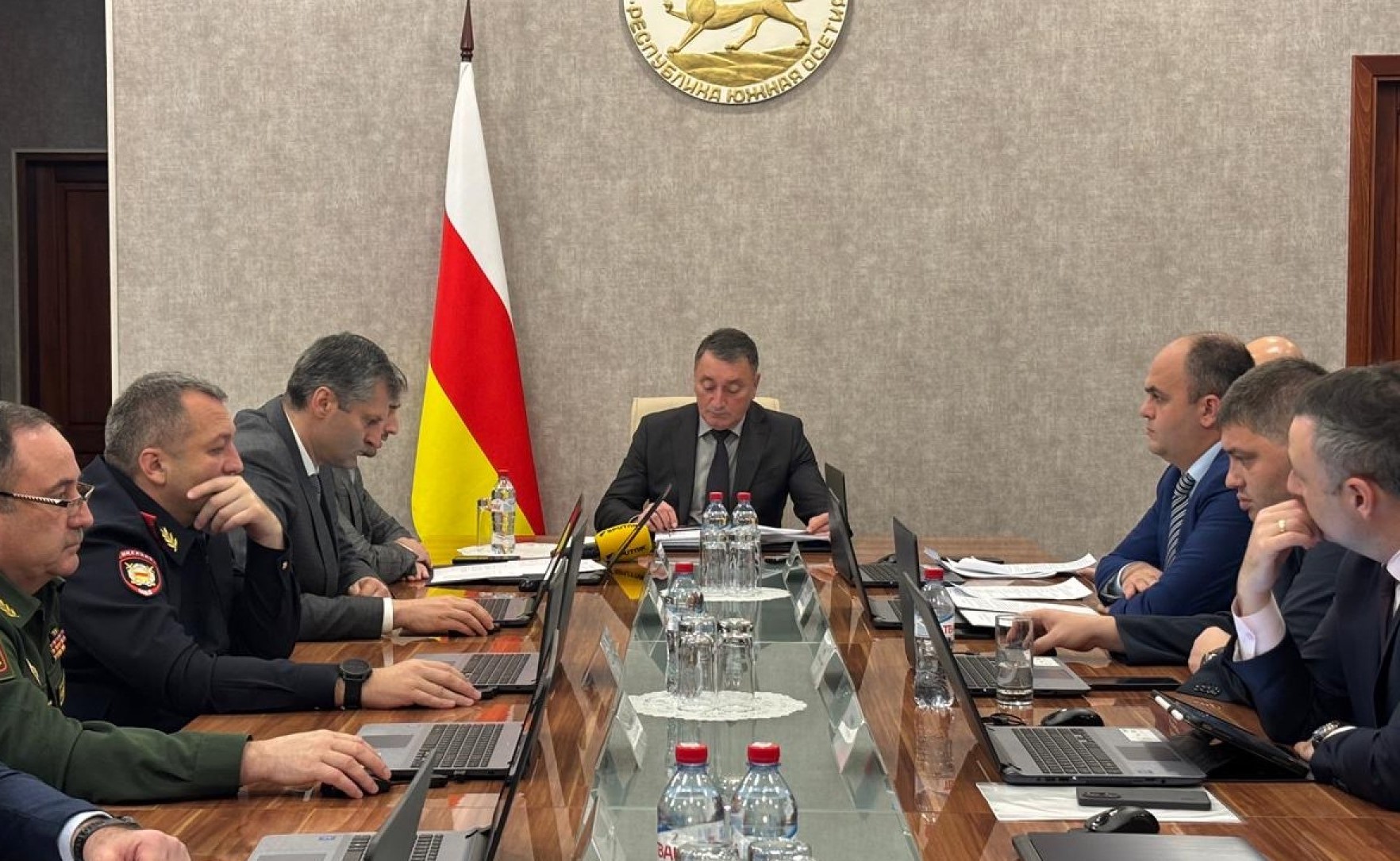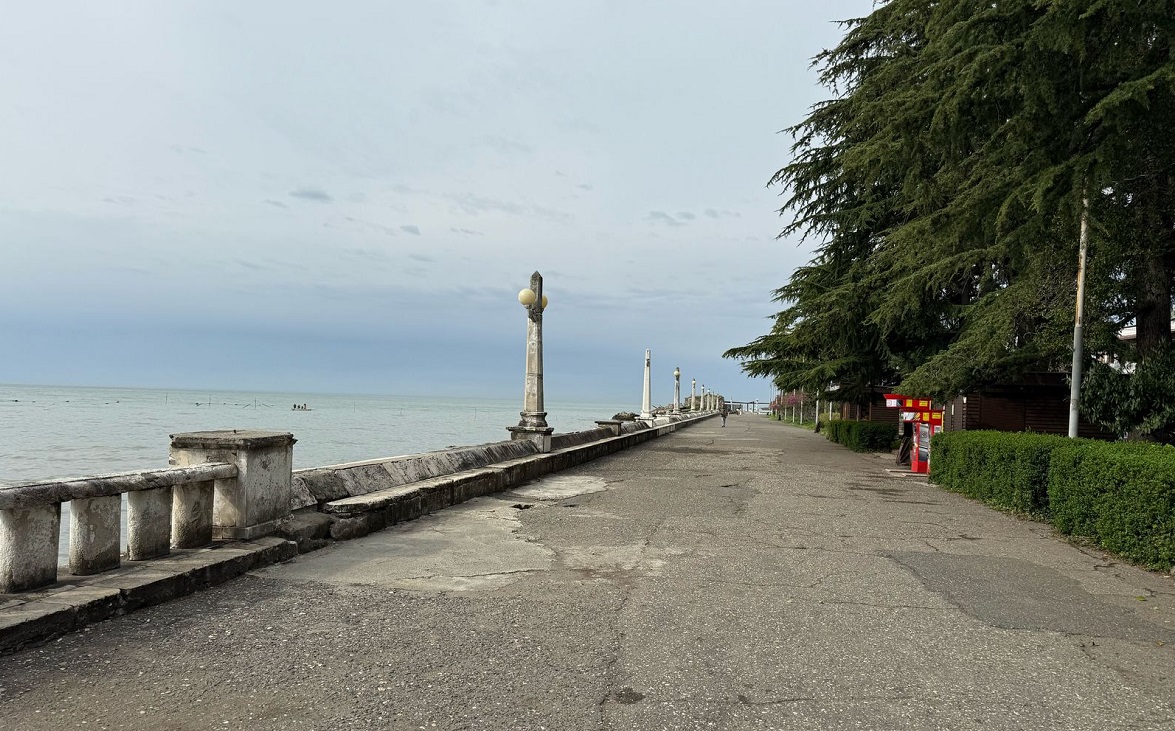Armenia-Azerbaijan talks. Will Aliyev go to Brussels and what to expect?
Expectations of the negotiations in Brussels
The head of the European Council Charles Michel has invited Armenian Prime Minister Nikol Pashinyan and Azerbaijani President Ilham Aliyev to Brussels for another round of talks. The exact date of the meeting has not been announced yet, it is known that it is scheduled for the end of October. But despite the fact that the parties have given preliminary agreement, experts are not sure that the Brussels talks will take place. They believe that the Azerbaijani president may again find an excuse and refuse to travel.
In early October, he refused the five-sided meeting in Granada. As a result, Pashinyan and European partners adopted a joint statement on the settlement of Armenian-Azerbaijani relations without his participation. As a day before the Granada meeting Pashinyan spoke of his readiness to sign a “landmark document” with Aliyev there, the possibility of signing it in Brussels is being discussed in Armenia.
Armenian Prime Minister Nikol Pashinyan, French President Emmanuel Macron, German Chancellor Olaf Scholz and European Council President Charles Michel held a quadrilateral meeting in Granada on the sidelines of the third summit of the European Political Community. Azerbaijani President Ilham Aliyev refused to participate in the meeting, citing France’s biased position. In addition, he proposed to invite the President of Turkey, which was opposed by Paris and Berlin.
Armenian analysts believe that Aliyev avoids negotiations on the Western platform and prefers to “solve his issues by force”.
But the mediator of the European negotiating platform Charles Michel announces that he continues to believe in the effectiveness of diplomacy and does not stop hoping for the continuation of political dialogue.
- “Armenia is openly threatened with the Ukrainian scenario”. Opinion from Yerevan
- Saakashvili to Pashinyan: withdraw Armenia from CIS and CSTO and apply to EU and NATO
- “Armenia’s democracy under attack from outside forces” – Pashinyan
Hovsep Khurshudyan, analyst
If Aliyev goes, he will sign something
“The last European official with whom the Azerbaijani president met was the EU Special Representative for the South Caucasus, Toivo Klaar. And from his optimistic summary of the results of this meeting, we can assume that Aliyev, at least, has not given up on Brussels.
In his statements, he always says that he is ready to sign the document. And he did not sign it because he did not go to the meetings. There was always an excuse for that. Then he had a guest – Erdogan; then he did not like the presence of Macron in Granada, which, in his opinion, is not impartial; then Erdogan is not present at the talks. What he will come up with this time is unknown.
If Aliyev does go to Brussels, he will sign the principles of the peace treaty, for they have already been agreed upon. Otherwise, the participants of Granada (Michel, Scholz, Macron and Pashinyan) would not have signed the statement without Aliyev’s participation. They signed it because they knew that Aliyev would sign it too.
The Brussels Declaration reflects the interests of all
“In Brussels, Aliyev should sign the basic principles on the basis of which a peace agreement can be signed. Everyone is interested in this, especially Europe and the U.S., because before the elections it is important for them to get some progress in this issue. In this regard, now there is a wave of pressure on Aliyev because of his unconstructive position, and this wave will grow.
The declaration reflects, among other things, the interests of Armenia. I don’t think that Pashinyan would have signed the document if it were not so. And, on the contrary, I don’t think that if only Azerbaijan’s interests were reflected in the document, Aliyev would sabotage its signing, as he still does. The interests of all are reflected there.
Aliyev’s maximalism is just depressing and suggests that he is disingenuous when he says that he has no territorial claims to Armenia.
The Declaration does not circumvent the Karabakh issue
The declaration also discussed security guarantees for the return of refugees from Artsakh. Everyone understands that Russia cannot be this guarantor. And now both the US and the EU are talking about at least an international independent observation mission.
This will be the first step. When this mission is sent to Artsakh, when they are convinced that security guarantees have not been respected, it will make a proposal to bring in international peacekeepers. Otherwise, the people of Artsakh simply will not return to their homeland.
Tatevik Hayrapetyan, Azerbaijanologist
International consensus on the ethnic cleansing of Armenians
“Discussing the signing of any document is a false agenda. It is obvious that Aliyev does not need to sign anything. The negotiation process he entered into in 2021 had a specific goal – not to resume negotiations on the settlement of the Karabakh problem in the old way, which was before the 2020 war.
Back in December 2020 and April-May 2021, the OSCE Minsk Group co-chairs made quite clear statements about the need to solve the Artsakh problem within the old logic. Aliyev was not satisfied with this, so he began to change the facts on the ground and spoke from a different position.
The new stage of the negotiation process envisioned direct negotiations with international mechanisms, within the framework of which the rights of Armenians were to be negotiated. However, this did not happen, because at some point Aliyev managed to reach an international consensus (both with Russia and the West) around the issue of ethnic cleansing of Armenians in MK.”
Aliyev is not going to retreat
“The West expected that after getting rid of the main problem – the Artsakh problem – Aliyev would sign a peace treaty. But at zero hour, Aliyev refused to sign the document and did not go to Granada.
And when the head of the European Council Charles Michel called Aliyev and presented the results of the meeting, the latter started talking about his goals again. Allegedly, Armenia pledged to return eight villages to him – “enclaves” as he calls them – referring to Pashinyan’s statements at international platforms in which he recognized these villages as part of Azerbaijan. Speaking about the recognition of 86.6 square kilometers for Azerbaijan, Pashinyan is referring to these “enclaves” as well.
Armenia, of course, says that it has something to gain from Azerbaijan, also in the form of an enclave. But Aliyev speaks only of his expectations, clearly indicating that he has nothing to concede, and he is not going to withdraw from the occupied territories of Armenia, where he has invaded since 2021.”
Consent to ethnic cleansing – in exchange for the presence of Russian troops
“Aliyev rejected Granada and went to Bishkek, where he praised the Russian platform, because it was with Russian support that Nagorno-Karabakh was able to enter. And he personally arrived in its capital after the meeting in Bishkek, where it was surely agreed that Russian peacekeepers would remain in Artsakh, at least at this stage.
In exchange for ethnic cleansing of Armenians, the West demanded a document be signed. And Russia’s demand is the presence of its troops and perhaps some gas arrangements.
Aliyev rejects the West and fulfills the Russian demand, because he can reject the West and remain unpunished, but he dare not reject Russia – it is better not to antagonize Moscow.”
Aliyev will not sign anything in Brussels
“Even if through some backdoor negotiations Europe manages to force Aliyev to go to Brussels, he will still not sign anything.
Aliyev is not yet going to recognize Armenia’s territorial integrity, which implies the withdrawal of Azerbaijani troops from the territories occupied by them. This is a false agenda, which in Aliyev’s hands has become a means of getting more and more concessions from Armenia.
Aliyev has already gotten everything he can get from the Western negotiating platform. He achieved that this platform was silent on the issue of expulsion of Armenians from Artsakh, and Armenia recognized the territorial integrity of Azerbaijan and fixed it in kilometers. He will try to get everything else on other platforms. That is why he started talking about the Georgian platform, about the “3+3″ format with the participation of Iran, Turkey and Russia.”
A negotiator without a subpoena
“Negotiation formats, of course, differ, because each platform has its own interests. However, it is very important what agenda you go to the negotiations with. Azerbaijan’s agenda is clear, but Armenia still does not have its own agenda.
Armenia does not even plan to raise the issues of ethnic cleansing of Artsakh people, their expulsion and deportation, as well as the issue of Baku’s genocidal policy in general. Armenia does not demand political assessments from the West, despite the fact that Yerevan has absolutely every reason to do so.
Aliyev forcefully solves his issues on the ground and imposes them in the negotiation process. And Armenia continues to make mistakes. And the very first mistake was that after the 2020 war Armenia gave up its main rights in the Artsakh issue under the threat of Azerbaijani aggression. The enemy sees that you give in when it threatens you, and goes for new aggressions to get new concessions”.
Follow us – Twitter | Facebook | Instagram
Expectations of the negotiations in Brussels










